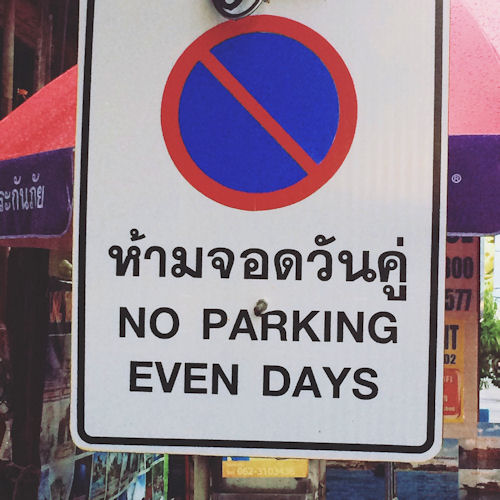Have you ever noticed that when you add an even number to another even number the sum is always even? Above you can see many similar descriptions of calculations. Click on the link which describes the correct result.
Check
Well done.
You have completed this level and can claim a trophy.
Description
Determine the nature of adding, subtracting and multiplying numbers with specific properties.
Close

Level 1 - Even and Odd Numbers
Level 2 - Positive and Negative Numbers
Level 3 - Prime and Composite Numbers
Challenge - Can you find numbers that will satisfy the Mix And Math Challenge?
Try also the Reaction Time :: Even or Odd data recorder.
The solutions to this and other Transum puzzles, exercises and activities are available here when you are signed in to your Transum subscription account. If you do not yet have an account and you are a teacher, tutor or parent you can apply for one by completing the form on the Sign Up page.
A Transum subscription also gives you access to the 'Class Admin' student management system, downloadable worksheets, many more teaching resources and opens up ad-free access to the Transum website for you and your pupils.
Comments
Extension

On how many days of this year is parking allowed?
The solutions to this and other Transum puzzles, exercises and activities are available when you are signed in to your Transum subscription account. If you do not yet have an account and you are a teacher, tutor or parent you can apply for one by completing the form on the Sign Up page.
A Transum subscription also gives you access to the 'Class Admin' student management system, downloadable worksheets, many more teaching resources and opens up ad-free access to the Transum website for you and your pupils.
The 'No Parking' photograph taken by John Tranter in Hua Hin Thailand, September 2018.




Transum,
Monday, January 8, 2018
"Magic trick:
Ask a friend to hold an odd number of coins in one hand and an even number of coins in the other but not to let you see. You will be able to work out in which hand the odd number of coins is hidden.
Ask the friend to multiply the number of coins in their left hand by three and the number of coins in their right hand by four then add the two totals together.
If the sum of their totals is odd then the odd number of coins is in their left hand otherwise the odd number of coins is in their right hand.
Can you figure out how this works?
For more mathematical magic tricks see Mathemagic."